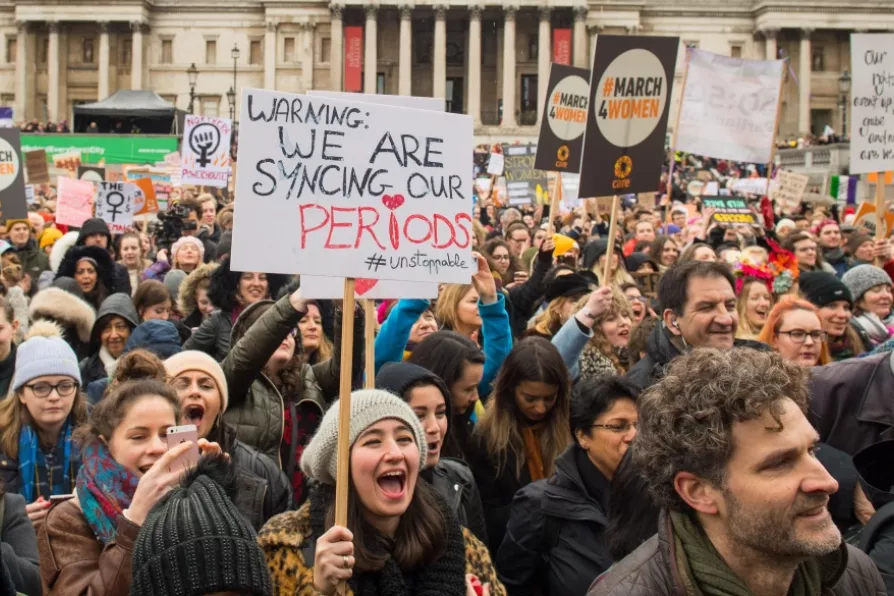ALEX HALL interviews PAUL HOLDEN, whose bombshell book uses leaked documents to expose how the Starmer faction used systematic dishonesty to seize power and reopen the door to the corrupting ecosystem of corporate lobbying and sleaze
Where does women’s oppression come from?
The liberation of women must be at the heart of the struggle for socialism, argues the MARX MEMORIAL LIBRARY

 Women march for equality in London
[Dominic Lipinski/PA Wire]
Women march for equality in London
[Dominic Lipinski/PA Wire]
THE existence in all known societies of a sexual division of labour has led some to claim that inequality is “natural,” inevitable, due to innate differences in mental make-up or to biology, including women’s vulnerability during pregnancy and the demands of child-rearing.
Others have assumed that, at some point in pre-history, men acquired power over women due to males’ greater strength and/or aggression, including intimidation and rape.
Some maintain that there are two motors to history — the class struggle and an ongoing struggle between the sexes.
Similar stories

ROS SITWELL reports from the Morning Star conference on ‘Race, Sex and Class Liberation’ last weekend

RICHARD CLARKE recommends a hugely valuable text for those seeking theoretical analysis and practical action to defend public services

Women’s hard-fought-for rights are facing sustained and serious ideological attack. Let this International Women’s Day be a call to arms, says Professor MARY DAVIS

Despite the harsh conditions they face, Iranian women have proved to be vanguards in the struggle for fundamental changes in our country, says Dr AZAR SEPEHR











